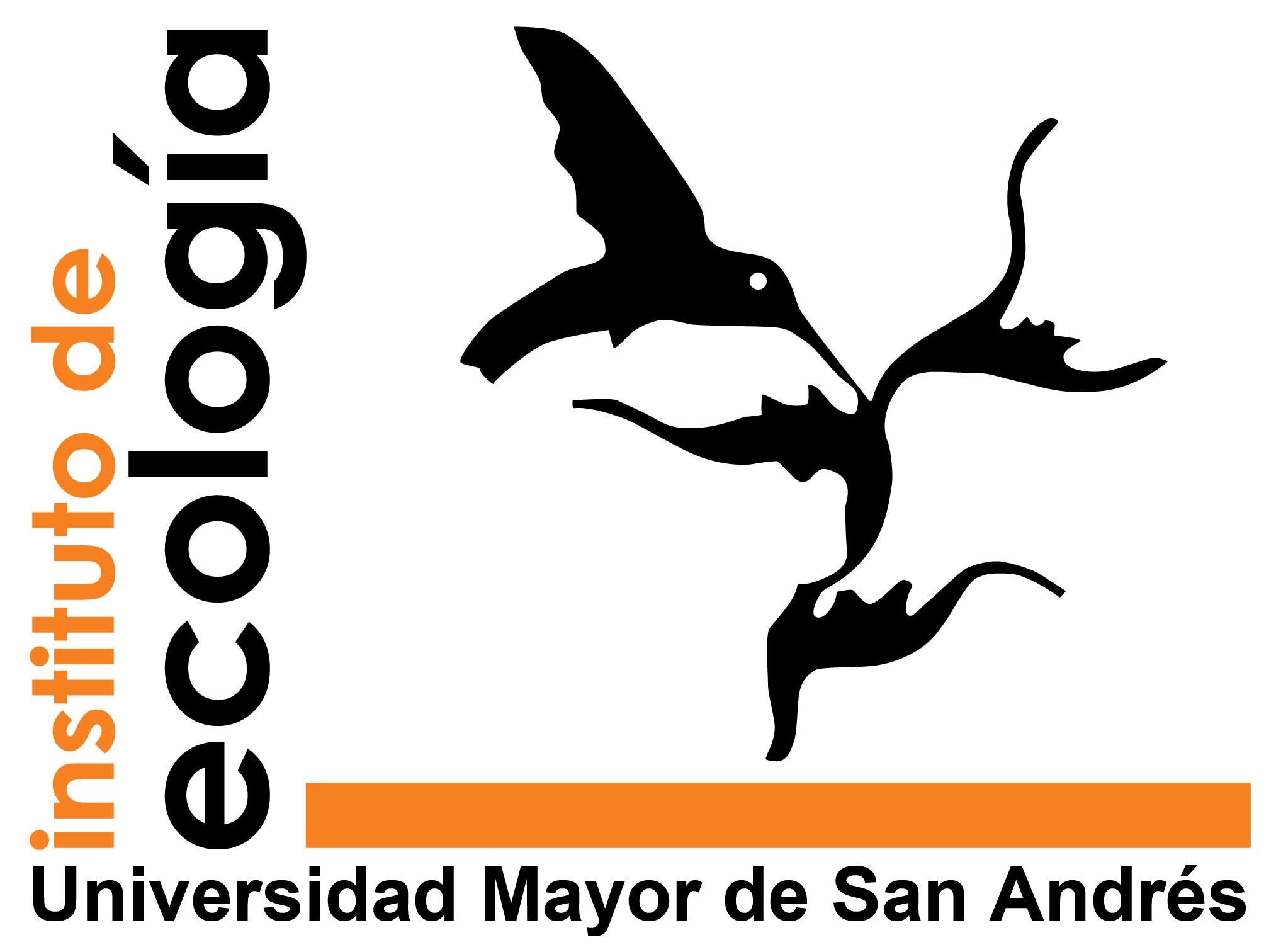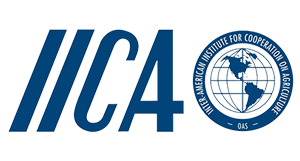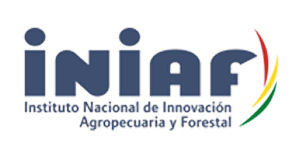Resilient native potatoes: Safeguarding food security
In Bolivia and Peru, we will work with communities to preserve the genetic diversity of native potatoes, enhancing food security in the face of climate change.
Context of the story
In the Bolivian Altiplano and Andean region of Peru, agriculture is facing extreme climatic events such as droughts, frosts and hailstorms, which put communities’ food security at risk. The diversity of native potatoes, which has historically sustained the diet of indigenous populations, is in danger due to climate change and the displacement of native varieties. This project seeks to reverse this situation through the recovery, characterization and improvement of native potato varieties resistant to adverse conditions.
Protecting native potato diversity
The implemented initiative
We will focus on the recovery and strengthening of native potato crops in Bolivia and Peru, where these varieties play a fundamental role in food security and cultural identity. In collaboration with the Universidad Mayor de San Andrés (UMSA) in Bolivia and the National Institute of Agrarian Innovation (INIA) in Peru, the project combines ancestral knowledge with modern technology, such as marker-assisted genetic improvement and crop monitoring with drones. Through training farmers in sustainable practices and promoting the native potato market, the project seeks to promote climate resilience and socio-environmental and economic sustainability, safeguarding a key genetic resource.
Innovation in crop improvement and sustainable practices
The technological solution
Using advanced techniques such as genetic improvement assisted by molecular markers, we will identify and develop a potato variety with high resistance to extreme conditions such as drought. This variety will be grown in experimental plots where full tillage and zero tillage methods will be compared, in addition to the use of ancestral agricultural terraces (in Bolivia) and the influence of the phases of the moon (in Peru). Additionally, we will implement the use of drones (with RBG cameras in Bolivia and multispectral cameras in Peru) to monitor the health and development of crops, thus evaluating the effectiveness of these methodologies with the farmers.
Through training and field schools, the project will seek to work with local farmers to determine best practices for growing native potatoes and technological application, encouraging the sustainable use of water and soil resources, promoting the climate resilience of families.
"Rescuing native potatoes is preserving our history and ensuring a resilient future for our communities."
Participating countries
Type of project
Results
By combining ancestral knowledge with scientific knowledge, we hope to achieve better production of native potatoes, benefiting producers and promoting the revalorization of a genetic resource of great importance for the future of our countries. Native potatoes have suffered years of cultural value erosion due to the demands of an industrialized and globalized world. Fortunately, we are at a time when the diversity of native products is being revalued and recovered, thanks to the opening of fair-trade markets and the solidarity economy, the gastronomic movement of innovation and fusion and other factors. These developments will help shift farmers' perceptions positively regarding the cultural, biological, and economic value of these ancient products.

 Back to the project
Back to the project Costa Rica
Costa Rica Bolivia
Bolivia Peru
Peru





